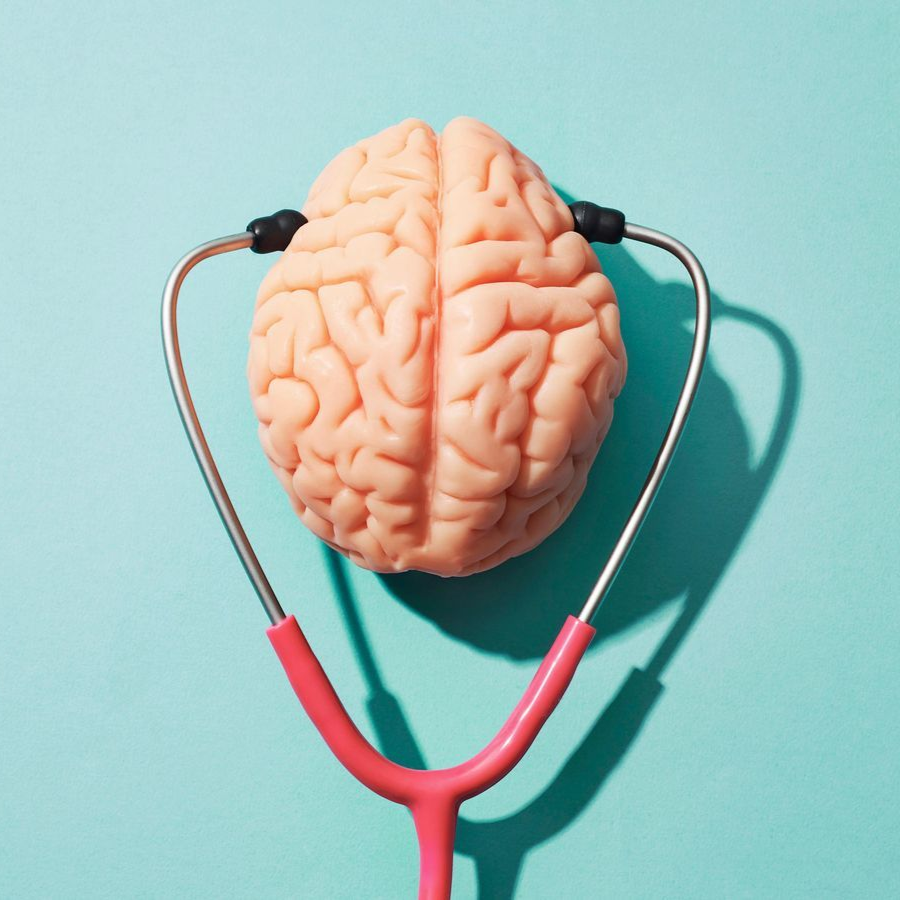Written by Jesse Muijsenberg
In the International Journal of Environmental Research and Public Health, Xu et al. recently concluded that cognitive function benefits from regular exercise. This conclusion was based on a systematic review and meta-analysis they conducted of randomized controlled trials. Elderly are advised to comply with the current exercise guidelines and perform moderate-intensity aerobic exercise and resistance exercises on as many days as possible. These aerobic and resistance training interventions significantly improved the cognitive ability of older adults compared to controls reflected by the Mini-Mental State Examination, Montreal Cognitive Assessment, and other well-known cognitive assessments. The exercise guidelines of the World Health Organization (WHO) recommend at least 150-300 minutes of moderate-intensity aerobic physical activity throughout the week for adults aged 18-64 years old. With additional muscle-strengthening activities on 2 or more days a week.
Besides engaging in physical activities, it is crucial to acknowledge the restorative function of sleep. Did you know that not only the duration of sleep is important, but its timing, continuity, subjective quality, and efficiency are at least as important? Elderly tend to get sleep that is shorter, less continuous, and less efficient. Surprisingly, retirement and its accompanying flexibility to nap during daytime often compensate for this reduction in sleep quality. However, it is stated that adults who do experience inadequate or disturbed sleep are about 1.5 times more prone to develop Alzheimer’s disease. This is due to the fact that the removal of the waste product B-amyloid, known to be accumulated in Alzheimer’s disease, is enhanced during sleep. It is thought that interventions to reduce sleep problems or sleep disorders are able to prevent about 15% of all Alzheimer’s disease cases.
The third piece of advice focussed on diet. The term diet does not only include the type of food consumed, but also includes the portion sizes, timing of meals, preparation of food, and even environmental factors influencing the quality of the food. Therefore, studies investigating the effect of diet on cognition suffer from heterogeneity. However, it is for good reason that a Mediterranean diet is recommended by the WHO for risk reduction of cognitive decline and dementia. Several meta-analyses tend towards the conclusion that there is a significant protective relationship between consumption of a Mediterranean diet and cognitive decline, impairment, and dementia. Interestingly, it is thought that the neuroprotective effect of nutrition is partly modulated by the microbiota-gut-brain axis.
Lastly, several studies reported that intellectual stimulation, participating in cognitive leisure activities, is considered effective for maintaining or improving cognitive function. Examples of cognitive leisure activities are playing video games, engaging in music therapy, playing board games, and for example, solving crossword puzzles. Unfortunately, not everyone has access to such leisure activities. It is confirmed that there is a significant interaction between socioeconomic status and engaging in leisure activities. This may play a role in the finding that a higher socioeconomic status during childhood and adulthood is associated with low levels of cognitive impairment.
We want to conclude by highlighting a statement from Barnes and Yaffe. They concluded that a risk reduction of 10% to 25% in several of these modifiable risk factors has the potential to prevent already 1.1 – 3.0 million cases of Alzheimer’s disease worldwide. We only discussed a few of all modifiable risk factors, however, it is clear that a large part of your cognitive health is in your own hands.
References:
Xu, et al. (2023). The Effects of Exercise for Cognitive Function in Older Adults: A systematic Review and Meta-Analysis of Randomized Controlled Trials. International Journal of Environmental Research and Public Health. 20(2): 1088.
Leong, R.L.F., Chee, M.W.L. (2023). Understanding the Need for Sleep to Improve Cognition. Annual Review of Psychology. 74:27-57.
Bubu et al. (2017). Sleep, Cognitive Impairment, and Alzheimer’s Disease: A Systematic Review and Meta-Analysis. Sleep. 40(1).
Maggi et al. (2023). The Role of Nutrition and the Mediterranean Diet on the Trajectories of Cognitive Decline. Experimental Gerontology. 173.
Lizuka, et al. (2019). Can Cognitive Leisure Activity Prevent Cognitive Decline in Older Adults? A Systematic Review of Intervention Studies. Geriatrics & Gerontology International. 19: 469-482.
Sun, R., Zhang, Z. (2022). Leisure Activities and Cognitive Impairment in Old Age: The Role of Life Course Socioeconomic Status. Dementia and Cognitive impairment. 27(2): 326-333.
















